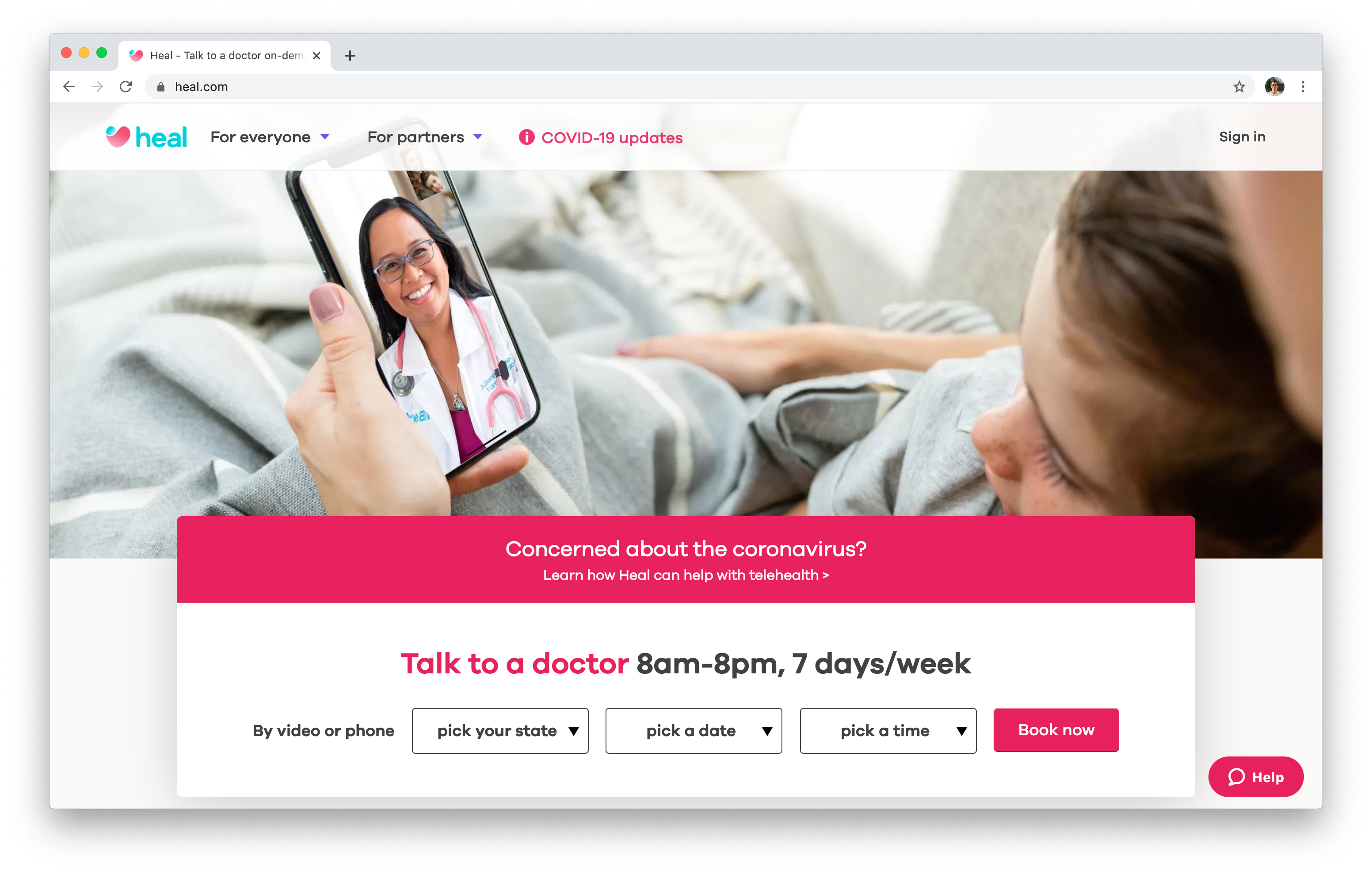Discover the Benefits of Subscription Based Healthcare for Affordable Medical Care
Discover the Benefits of Subscription Based Healthcare for Affordable Medical Care
Blog Article
Recognizing the Cost-Effectiveness of Subscription-Based Healthcare Versions
As the medical care landscape advances, subscription-based versions arise as an engaging choice, assuring to redefine just how people handle medical costs. Assessing these designs' cost-effectiveness requires a nuanced comparison with traditional insurance, taking into consideration both economic implications and patient complete satisfaction.
Summary of Subscription-Based Designs
Subscription-based healthcare versions, occasionally described as direct medical care or attendant medication, are progressively getting interest as a potential remedy to inadequacies within standard health care systems. These models operate the principle of offering patients straight access to doctor via a yearly or regular monthly fee, bypassing the demand for standard insurance coverage mechanisms. This plan aims to enhance patient-provider interactions by reducing management concerns, which usually impede customized and prompt care.
At the core of subscription-based versions is the emphasis on an extra customized person experience. Clients profit from enhanced accessibility to their physicians, commonly including next-day or same-day appointments, prolonged consultation times, and direct interaction networks such as phone or video telephone calls. This design promotes a proactive technique to healthcare, where individuals and companies can collaboratively concentrate on preventative treatment and chronic illness monitoring.

Cost Comparison With Typical Insurance Policy

One of the main monetary advantages of subscription versions is openness in costs. Conversely, traditional insurance policy may be much more advantageous for individuals needing specialized care or expensive therapies not covered under a membership model, as they profit from the more comprehensive protection network and cost-sharing mechanisms.
Nonetheless, cost-effectiveness is context-dependent. While membership versions could provide savings for those primarily needing medical care, people with chronic problems or specialized healthcare demands may discover typical insurance coverage more detailed. Evaluating certain medical care requirements and prospective use is essential in figuring out the most cost-effective option for people.
Effect On Patient Fulfillment
Person contentment within subscription-based medical care versions commonly shows a significant enhancement over standard insurance coverage systems. Unlike conventional systems, where patients could experience hold-ups in getting care, subscription-based versions make certain more timely and direct communications with health care companies.
Furthermore, the openness in expenses connected with subscription-based healthcare reduces the common frustrations connected to unforeseen fees and intricate billing procedures seen in standard insurance (subscription based healthcare). People appreciate recognizing the specific economic commitment upfront, leading to boosted count on and self-confidence in their health care monitoring
Furthermore, the focus on preventive treatment and wellness in membership models adds to improved health and wellness end results, even more boosting client contentment. By focusing on continuous health care instead than episodic care, people experience a more continuous and alternative medical care journey.
Moreover, the boosted provider-patient relationship promoted in these versions, characterized by more time spent per person and personalized interest, plays a critical role in raising person satisfaction levels, as clients really feel truly looked after and understood.
Supplier Viewpoints and Experiences
From the carrier's perspective, subscription-based medical care versions provide a transformative approach to providing clinical services. These versions stress a preventative and proactive healthcare strategy, allowing companies to concentrate on detailed client care without the restrictions of conventional fee-for-service plans (subscription based healthcare). This shift in focus frequently leads to improved patient outcomes and increased provider complete satisfaction, as healthcare professionals can allocate even more time and sources to individual interaction and personalized care strategies
In addition, membership designs help with predictable earnings streams, which improve monetary stability for doctor. This predictability enables for improved source planning and allotment, contributing to an extra effective healthcare distribution system. Suppliers can purchase staff training, infrastructure, and modern technology enhancements, thereby boosting the quality of care used.
Nevertheless, the change to subscription-based versions is not without challenges. Despite these obstacles, lots of carriers find that the benefits of enhanced individual communication and structured procedures surpass the first challenges, making subscription-based models an attractive choice.
Future Potential Customers and Difficulties

A main challenge is regulatory conformity, as membership models must comply with progressing healthcare plans and insurance policy requirements. This necessitates continual adaptation and innovation news to make certain positioning with legal criteria. Furthermore, incorporating these designs into existing medical care facilities can be intricate, requiring significant financial investments in technology and training.
There is additionally the potential threat of producing injustices in healthcare accessibility, as membership versions may prefer those who can afford them, leaving prone populaces underserved. Resolving this calls for thoughtful consideration of pricing approaches and subsidy devices to make certain inclusivity.
Final Thought
Subscription-based healthcare designs offer a feasible alternative to typical insurance by using financial predictability and transparency, specifically benefiting individuals with persistent problems or constant health care needs. The cost-effectiveness of these versions is contingent upon specific healthcare use patterns and scenarios. While they may boost client complete satisfaction and simplify budgeting, challenges stay in attending to specialized treatment needs. Future considerations include balancing thorough insurance coverage with affordability and integrating these designs within the wider health care system for optimal results.
Subscription-based health care designs, in some cases referred to as direct primary care or attendant medication, are progressively getting interest as a potential service to inefficiencies within traditional healthcare systems. Unlike typical systems, where people could experience you could check here delays in receiving care, subscription-based models guarantee more timely and direct communications with health care suppliers.
These designs emphasize a proactive and preventative health care technique, allowing providers to concentrate on detailed client treatment without the restraints of conventional fee-for-service arrangements. As these versions continue to obtain grip, they offer the possible to transform patient access to care, streamline solution shipment, and enhance healthcare costs.Subscription-based healthcare designs present a sensible alternative to typical insurance coverage by offering economic predictability and openness, specifically benefiting people with persistent conditions or constant healthcare demands.
Report this page